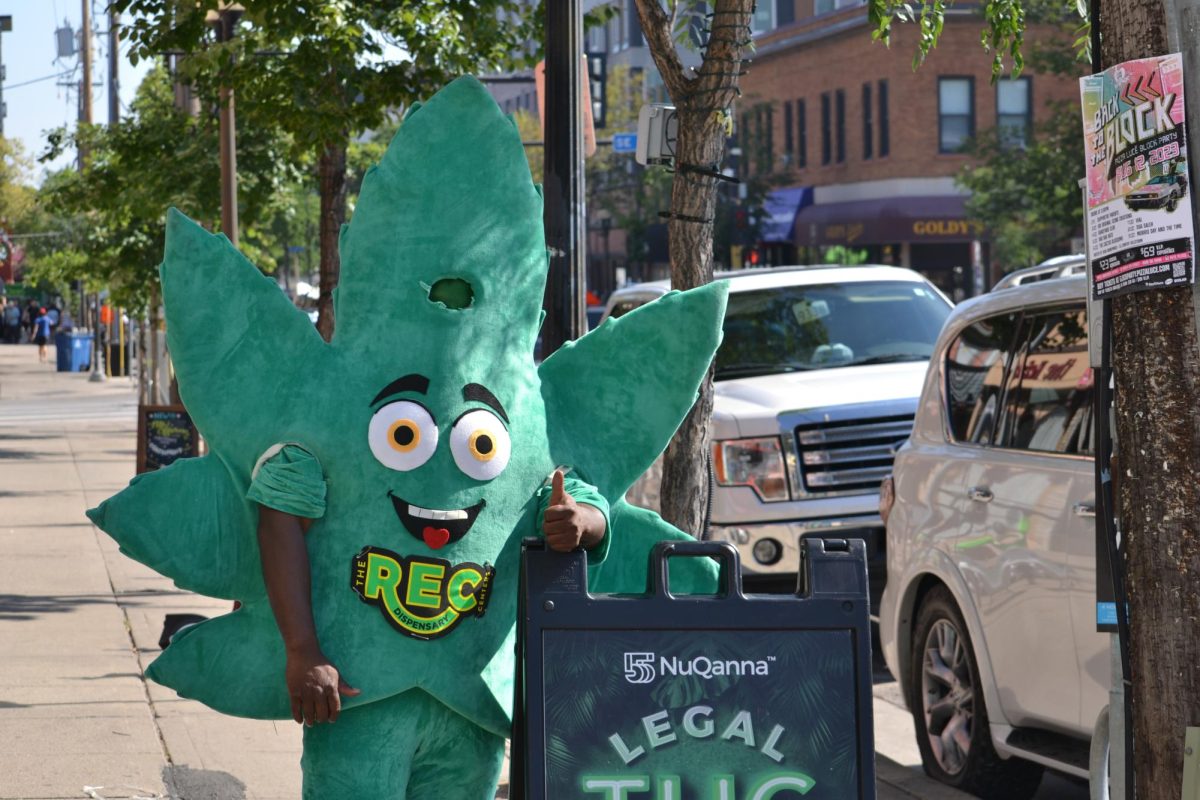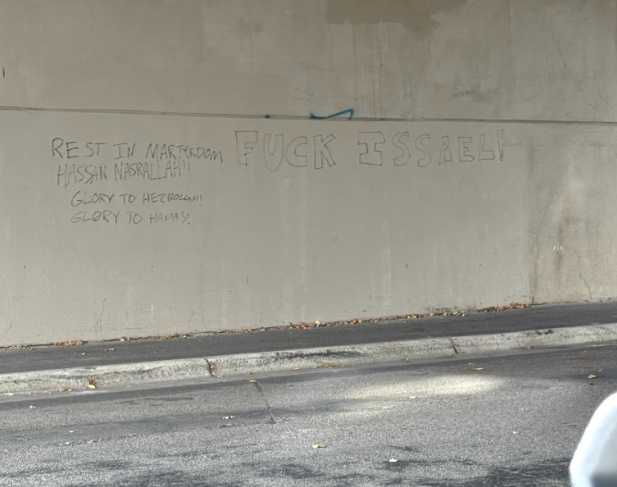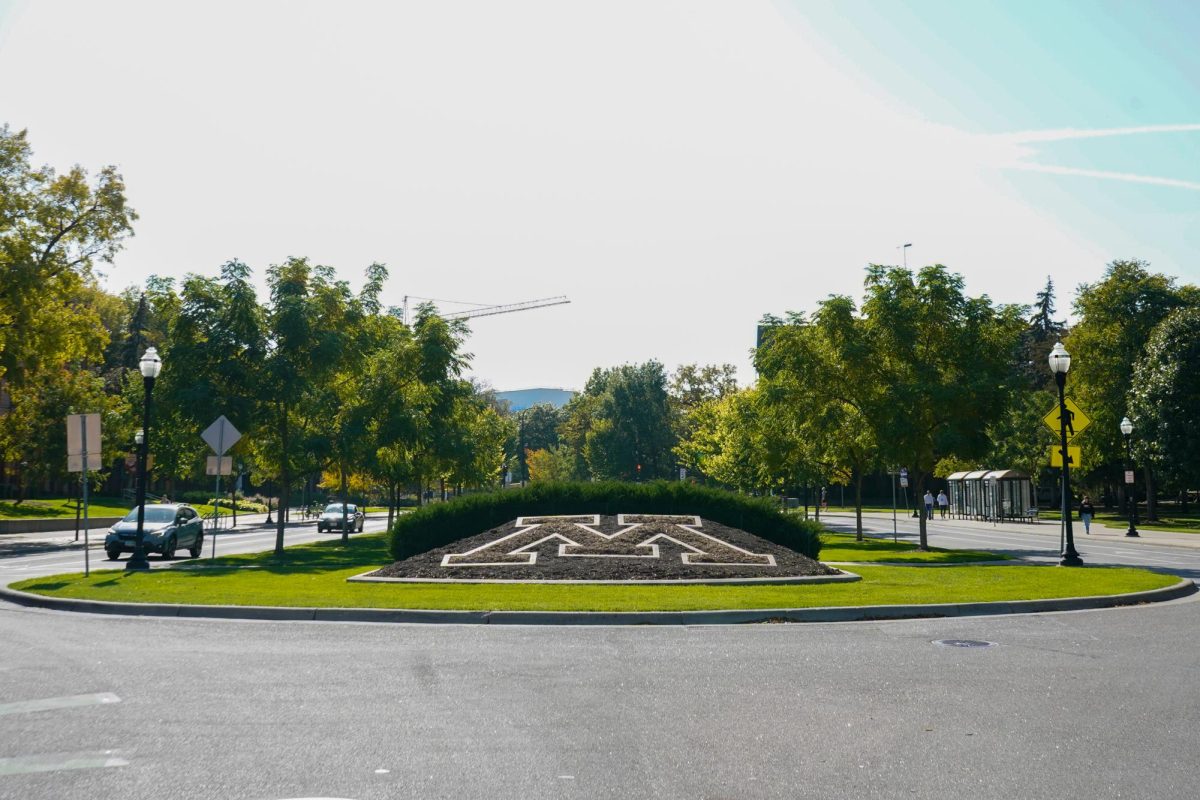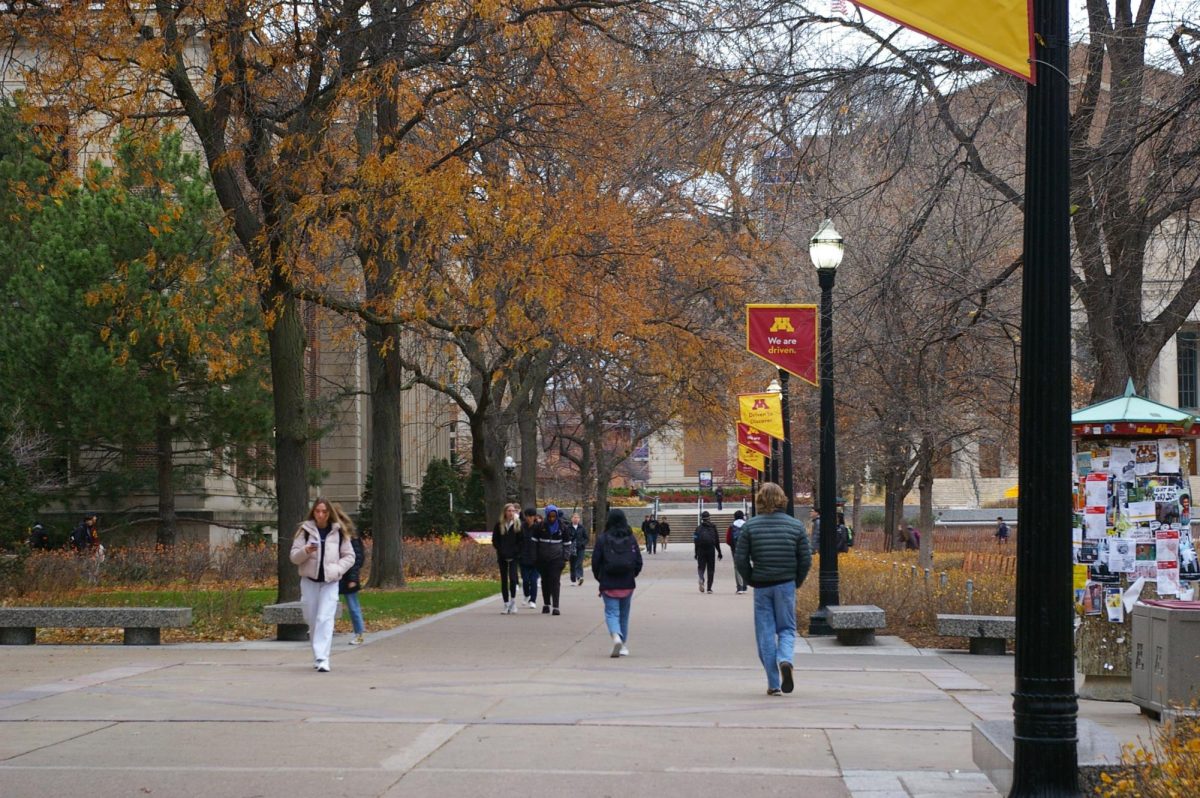Minnesota’s recreational cannabis law went into effect on Aug. 1, allowing the possession, use and sale of marijuana by anyone 21 years or older.
After Gov. Tim Walz (DFL) signed the bill into law on May 30, the law allows for up to two pounds of cannabis in homes and up to two ounces in public. The legalization will also allow for the manufacturing, cultivation and distribution of cannabis recreationally via dispensaries.
However, the state estimates most legal dispensaries and sales will not begin selling until 2025 while legislation for regulations and licenses is created. The legalization does not apply to THC and CBD products or to food and drink in businesses and restaurants.
Manager of the Rec Center in Dinkytown Cleveland Young said nothing huge will change with sales or business come August. Once the licensing and regulations allow for legal sales, Young said he expects his business to thrive.
“The ultimate goal is to get that flower space to grow it, it’ll be so much different,” Young said. “It’s exciting to see [legalization] happening.”
Young said he does not expect increased sales right away due to the regulation process but expects to apply for a license as early as October, depending on which licenses his business needs. According to Young, the licensing process and timeline is unclear due to the hastiness of the legalization by the state.
“I wish they would’ve just taken the time to have all the boards together, so we would know exactly what to expect when it comes to licenses,” Young said. “I am happy about it, just not happy about how they did it.”
The law provides 12 different business licenses people can apply for.
University of Minnesota student Tamarra Golden has worked at the Rec Center for two months. Golden said her job requires her to be up-to-date on current laws and regulations concerning cannabis, so the recent legalization has been her main focus.
“My initial thought and feeling is excitement, but at the same time, frustration because dispensaries that are already up and running can’t actually move into the marijuana field right away,” Golden said.
Golden said the wait until 2025 for the regulatory framework to be finalized leaves her with questions and mixed feelings about the legalization and the state’s role in the process. According to Golden, the current sale limitations of CBD and THC products, as well as the 10% tax, she questions the state’s intentions.
As of July 1, all cannabis products will be taxed at 10% in Minnesota which is in addition to the state’s 6% general sales tax.
“Being on a college campus, that doesn’t really serve our clientele because college students are over the age of 21, they probably don’t want to break the bank buying THC products,” Golden said.
Golden added the legalization will positively affect the Rec Center’s business but could also increase competition for marijuana products. According to Golden, she believes prices will change due to the push from the business’ clientele and the possible shift in the public’s view of marijuana.
“I think the main thing that’s going to change is people’s perspective on cannabis,” Golden said. “That’s my goal, that’s my mission. I believe that it is a demonized plant for little to no reason, and I would love to see justice for it.”
The legalization not only promotes economic growth but a deeper sense of community around the University and city, according to Golden. She said the legalization increases the safety and accessibility of marijuana, but could also decrease the possibility of harmful lacings and stains.
Golden added due to the legalization of marijuana, she expects to see an increase in its popularity on the University’s campus. Consequently, Golden said fake IDs and underage use might become more apparent.
“Since fake IDs are very common, I feel that it’s going to be very popular among young people,” Golden said.
Director of Health Promotion at the University’s Boynton Health Julie Sanem said the University’s Alcohol and Other Drug Assessment and Prevention committee has been monitoring cannabis legalization for the past year.
“We’ll continue supporting students who are seeking resources or support related to quitting or reducing their substance use,” Sanem said.
Sanem said one of the ways Boynton collects information about substance use and its impact at the University is through the College Student Health Survey and through student groups like Undergraduate Student Government and Recovery on Campus (ROC).
“[It] allows us to kind of adjust our resources and support for students based on what we’re learning,” Sanem said.
The law will also automatically expunge the records of people with low-level marijuana convictions, according to the Bureau of Criminal Apprehension (BCA). People with felony convictions will also be able to appeal to a review board for expungement or reduced sentences.
Roughly 66,000 Minnesotans will have their records automatically expunged and 230,000 will be eligible for review by the BCA. Although offenses will remain on people’s records until the BCA changes its programming system next fall, future policies will seal records that qualify for expungement and expand offenses eligible for review beginning in Jan. 2025.
The University continues to follow federal cannabis laws, said Sanem, meaning the use, distribution and growing of cannabis on campus remains prohibited.
Boynton offers confidential and private counseling services with licensed drug and alcohol counselors and student groups like ROC, which offers more community support to students.
“Boynton and the University are prepared to support students for really whatever their needs are as they relate to cannabis legalization moving forward,” Sanem said.














